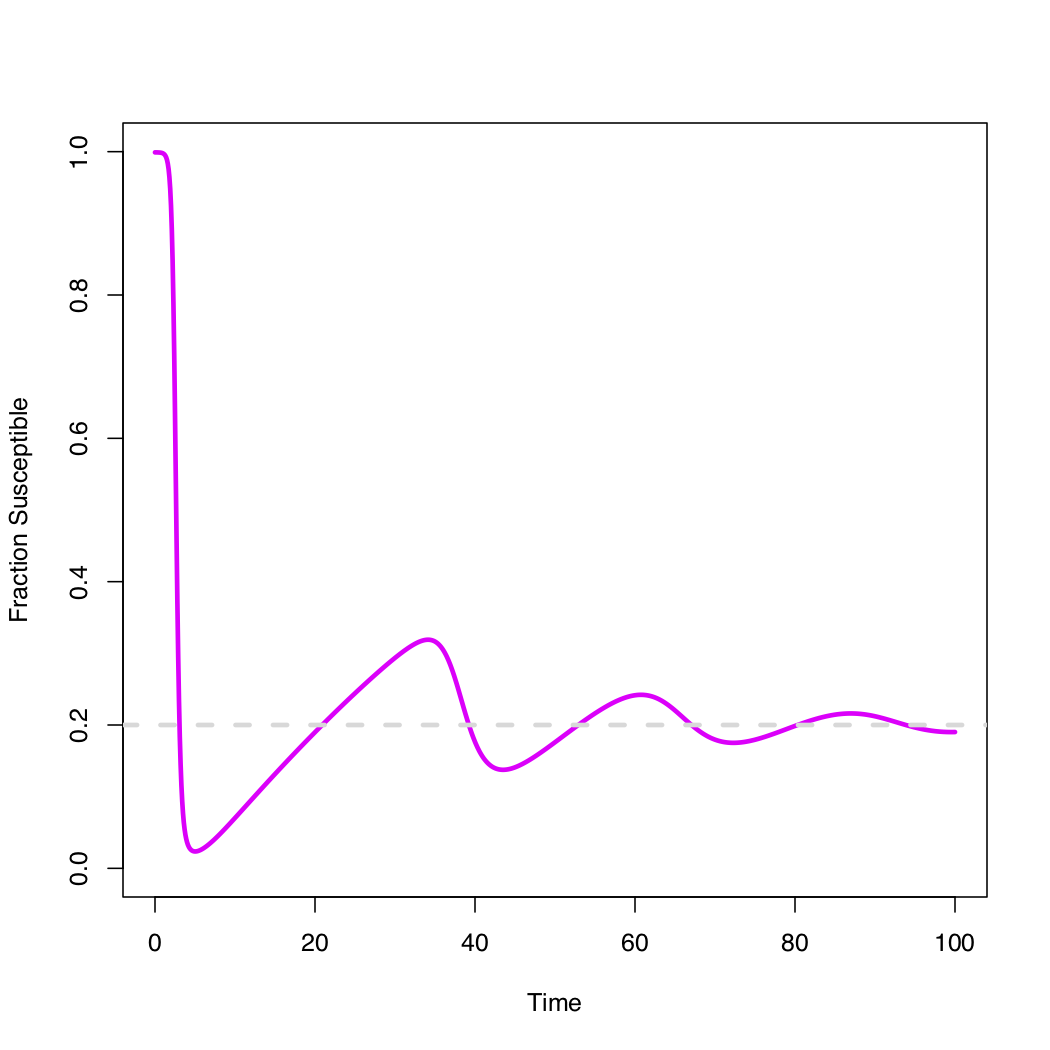Behavior Change, Cultural Evolution, and Uncertainty

My work has recently pivoted pretty strongly toward cultural evolution. This pivot has been inspired, in large measure, by experience with the pandemic and trying to understand how people make decisions when faced with abject uncertainty. With funding from NSF, we have been developing approaches to studying behavior change and cultural evolution using agent-based models.
Infectious diseases and host behaviors co-evolve in complex ways, particularly in the case of human hosts with cultural systems that can trigger adaptive behavioral change on time scales closer to pathogen generation times. How behaviors spread through social networks in response to epidemics depends critically on how the pathogen expresses itself, how people translate information into behavior, and how different social networks are structured. This means that epidemiological projections and policy recommendations require a social-scientific approach. Furthermore, disease prevalence and behavior-change are dynamic. Local disease prevalence can change behavior which, in turn, changes disease prevalence. The existence of such feedback loops calls for an evolutionary understanding of disease and cultural systems. As the field currently stands, most of the epidemiological and behavior-change literature fails to consider these dynamics. We hope to change this.
We were awarded an NSF RAPID grant to investigate these dynamics in the context of the COVID-19 pandemic. Collaborating with me (so far) on this project are Paul Smaldino, Cristina Moya, Michelle Kline, Zack Almquist, and Ashley Hazel.
I am also the PI of a collaborative program initiated by the NSF directorates of Engineering (ENG), Computer and Information Science and Engineering (CISE), Biological Sciences (BIO), and Social, Behavioral, and Economic Sciences (SBE) to help us consolidate the lessons of the COVID-19 pandemic for future pandemic prevention and preparedness. My collaborators on this project included Maya Trotz, Juliet Iwelunmor, and Vivek K. Singh. Our low-key web page is here.
This topic clearly applies to the case of Ebola Virus Disease as well and work incorporating behavior change in that context continues with Gene Richardson, Travis Porco, and Ashley Hazel (among others).
